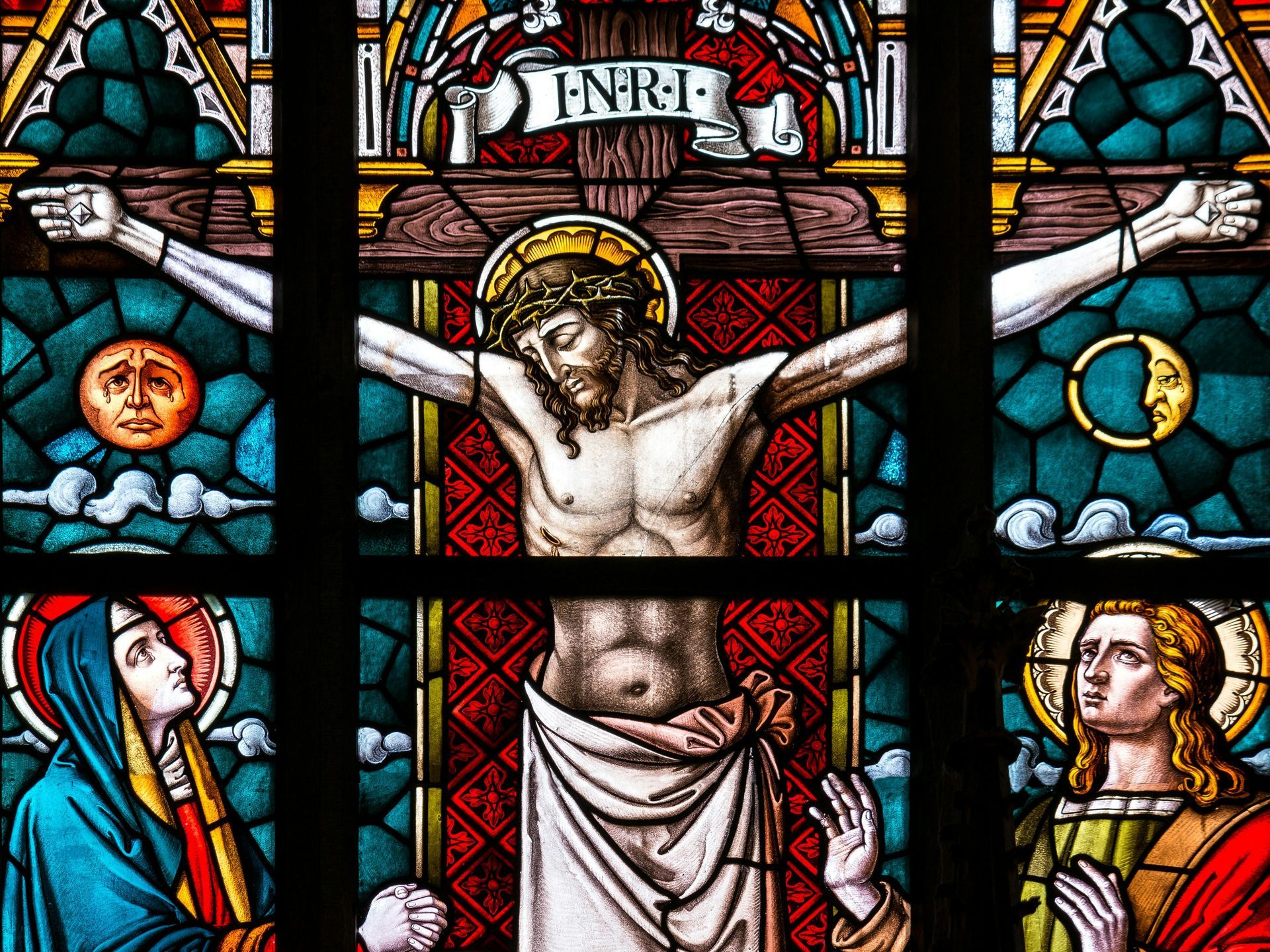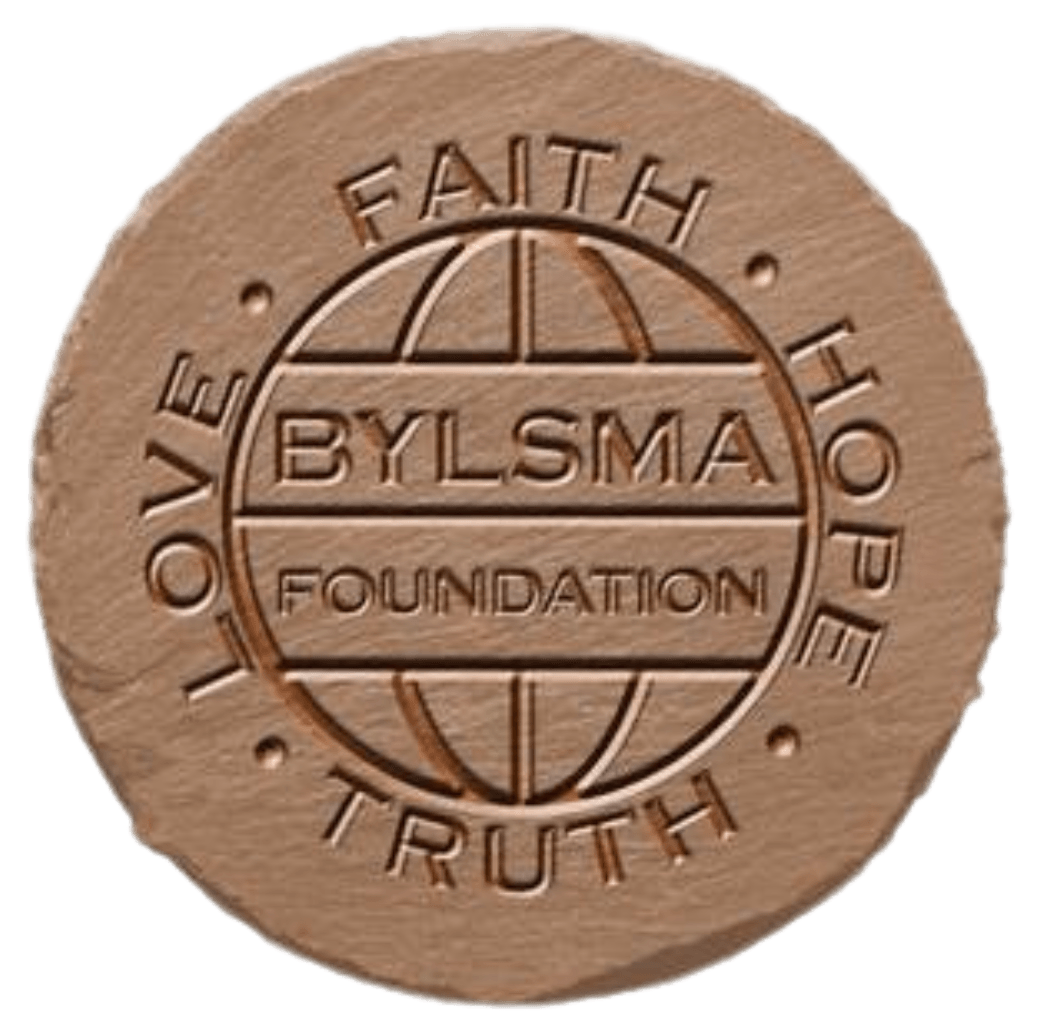Bylsma’s Bible Blogs
#12 Nationalism, Patriotism, Citizenship

This modified excerpt comes from Chapter 17, Government, Politics, And Citizenship, The Bible I Never Knew: A Closer Look at Christianity’s Main Themes. (Dr. Peter Bylsma, Byblio Press, 2024). The chapter summarizes the Bible’s stories and teachings related to government, politics, and citizenship and the related themes of laws, taxes, submitting to authority, nationalism, patriotism, and freedom.
Nationalism is generally defined as a political belief that a person’s loyalty, devotion, and allegiance to a group of people who share a history, culture, language, and religion takes priority over the interests of individuals or other groups. It can be expressed in different ways, including the promotion of and adherence to the group’s culture, religion, and economic system. In this sense, a nation is different than a country, which is a political term that applies to an area of land. For example, the United States is a country, not a nation, because it consists of many different groups of people who share the same history, culture, language, and religion. Some of these “nations” are formally recognized, such as those of native American tribes. Nationalism implies a belief that one’s own group is better than other groups and should be defended against other groups, which makes it “exclusive.” Nationalist movements currently exist around the world to defend a group’s race, language, history, and way of life. The “nation of Israel” had no land of its own for many centuries but still retained its identity.
Patriotism is similar to nationalism but focuses on love, support, and the defense of one’s country (patrios in Greek, meaning “of one’s father” as in “fatherland”). It assumes a defense of all people who live in the country, even those who have a different way of life. However, it doesn’t imply an advocacy for the country’s interests in the world, and it doesn’t imply one’s country is better than others. But like nationalism, it implies a willingness to fight to defend one’s country. In some cases, the two terms apply to ethnic groups rather than a country because there may not be a political entity that represents the group. Like the term “citizenship,” the two terms imply a sense of collective companionship with others. Charles de Gaulle, the leader who led France against Nazi Germany during World War II, defined patriotism and nationalism this way: “Patriotism is when love of your own people comes first; nationalism is when hate for people other than your own comes first.” In a diverse society, patriotism and nationalism can be enemies.
Starting with Abraham, the Israelites and Jews developed a collective identity as God’s chosen people, the nation of Israel, which gave them a nationalist perspective and a sense of superiority. God blessed the Israelites, but part of the covenant required them to honor God and provide justice to others, not just other Jews. All people were to be treated fairly. While the Israelites were proud of their nation and many fought to keep it safe, the military expansion by David and Solomon beyond Canaan represented nationalism, the extension of power and use of foreign lands and resources at the expense of others.
Gentiles were later adopted into God’s kingdom after Peter’s exchange with Cornelius, but some Jews rejected the idea because they loved their nation above any others and wanted to keep God’s blessing to themselves. Later, the Jews who followed Jesus wanted Gentile believers to follow the same Old Testament laws they followed. But at the Council of Jerusalem, the apostles decided this wasn’t necessary, that one’s faith didn’t include following rules set up for a different time. It was always God’s intention to include all people in the Kingdom: God loved the world and Jesus saved the world (John 3:16–17; Gal 3:26–29; 1Cor 12:12–14). The good news is that all people can access a loving God who wants a relationship with all people without regard to their tribe, gender, race, age, or birthplace and without regard to what they do or believe. The gradual increase in the revelation of God’s desires for the world reveals a movement from exclusiveness to inclusion — there is no longer favoritism or special privileges for a selected people.
Citizenship
Christians are citizens of heaven and God’s ambassadors in this world. We live in the world with temporary citizenship under an earthly authority, but our ultimate allegiance is to God’s kingdom. We are told to love God, our neighbors, other Christians, and our enemies. The Bible has no verse that supports loving one group over another, and there is nothing biblical about loving one’s country. This doesn’t mean it’s wrong to love one’s country — it’s natural to appreciate our own land, people, and customs, and it’s appropriate to honor those who serve and celebrate freedom from tyranny and oppression — the Jews had similar celebrations. But for Christians, our allegiance to and love for our country must never take priority over the commands to love God and our neighbors.
Given that God loves all people, it’s inconsistent for Christians to love God and our neighbors but then show favoritism to one group or civil authorities or those who share our earthly citizenship. In some countries, the flag is a widely visible sacred symbol of national pride and may become closely associated with the cross. But blending the two symbols as equals, a nation’s flag and a cross (love of country and love of God), is a form of idolatry (extreme love or devotion for something or someone) and syncretism (blending beliefs). It’s similar to the sins of the Israelites who proudly valued their special status as much as, if not more than, worshiping God. Jesus said, “Where your treasure is, there your heart will be. Nobody can serve two masters” (Matt 6:21,24). We must not pledge to Caesar what belongs to God, which is our total allegiance.
At a minimum, we should use our right to vote to advocate for justice and a better society in the country of our citizenship. Using non-violent methods, we should oppose improper rules and practices and speak truth to power. Working within a government is another way to promote just causes and a civil society. Serving in the military and the diplomatic corps are unique roles that can help promote justice and peace within a country and in other parts of the world. Voting for leaders who value promoting world peace and justice is another way to show our love for the world. When good people do nothing, evil grows at home and abroad.
The command to show a special love for other Christians affirms a Christian’s duty to have an international perspective. Most Christians live in Latin America, Africa, and Asia, and millions of them live in severe poverty. We know that major disparities in wealth and justice exist, so we have no excuse for not helping our Christian brothers and sisters who are in need and live outside our country. We can’t honestly say to the king, “When did we see you hungry, thirsty, a stranger, naked, sick, or in prison, and didn’t help you?” (Matt 25:44).
Thus, Christians should have an international focus rather than an allegiance to their country. God loves the world, and before Jesus left the earth, he told his disciples to “make disciples of all the nations” and be his witnesses “in Jerusalem, in all Judea and Samaria, and to the ends of the earth.” These verses are collectively known as the Great Commission (Matt 28:19–20, Acts 1:8). Most Christians initially stayed near Jerusalem, but God used persecution to move them out of their comfort zone. As they moved elsewhere to be safe, they shared the gospel with others. As a result, the gospel has been heard around the world.
Being an effective world citizen requires a better understanding of world issues. My experiences living in and traveling to many countries has opened my eyes to the cultures, beliefs, and needs of others. Global migration patterns also bring to us those from other countries who have different religions and cultures — God brings the world to us so we can share the gospel with those who have never heard it. To communicate effectively with those from other countries and cultures, we need to understand their context.
As a Christian who takes the Bible very seriously, I have pledged my total allegiance to being a citizen of the kingdom of God, which carries with it an unwritten pledge to serve the world. When I worked for the government, I also temporarily pledged my limited allegiance to serving my country. I use my rights as a citizen to pick good leaders and advocate for just laws and services that help others and improve society as a whole, including what is good for the world, not just my country. Finally, I have used the privileges and freedoms that come with my citizenship to make vocational and life choices that focus on helping others, both at home and abroad.
Bylsma’s Bible Blogs











